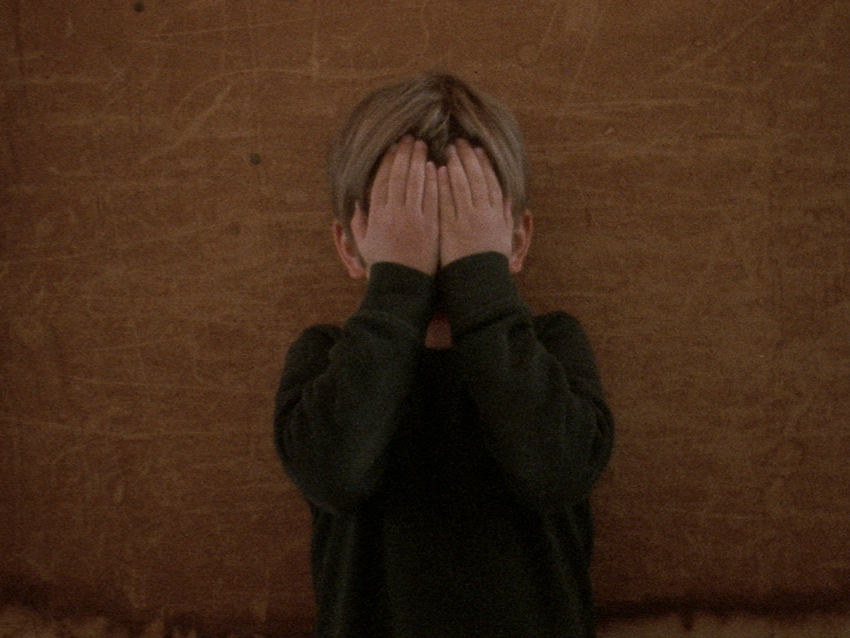- 20.09.20

Nina Berman and Jon Lowenstein
Triumph of the shill – Nina Berman – 10:21
Taking Washington D.C. and New York’s Trump Tower as a backcloth, Nina Berman’s short documentary, Triumph of the Shill, reimagines the Leni Riefenstahl 1935 Nazi propaganda classic as an aesthetic blueprint to consider the 2017 presidential inauguration and election of Donald J. Trump.
Berman’s film draws its inspiration from key scenes and visual patterns in Riefenstahl’s film, Triumph of the Will. It chronicles the 1934 Nazi Party Congress in Nuremberg. Commissioned by Adolf Hitler, Triumph of the Will, filmed in dramatic black and white, celebrated the power of the Third Reich, and portrayed Hitler as a supreme leader worshiped by the Aryan masses.
In Berman’s film, the worshiping crowds are always present alongside contemporary symbols of fascist iconography. But whereas Riefenstahl’s film celebrates National-Socialism, Berman’s film occupies the space of dark satire and absurd surrealism. In Riefenstahl’s film, Hitler is on board an aeroplane flying through white clouds, suggesting spirituality and divine power. In Berman’s film, the white clouds are replaced by a steam jet blowing from a sewage pipe on 5th Avenue with Trump’s black skyscraper in the background.
In Riefenstahl’s film, many shooting angles captured Hitler’s every movement. In Berman’s film, Trump is never seen in flesh and blood. Instead, he is a mass
of pixels projected on screens in front of the Lincoln Memorial, a smiling face transformed into a T-shirt or a life-size wax figure. His rhetoric based on the authori- tarian promise of a return to a glorified past is eagerly welcomed by the American public. Berman records scenes that are reminiscent, through their meaning and their aesthetics, of the pictures of the Nazi followers at the Nuremberg Rally.
For her research into Triumph of the Will, Berman visited the Munich Documentation Centre and the Dachau Concentration Camp Memorial Site. She also drew on her own experiences over the decades as a photographer covering American politics, white supremacy, Christian nationalism and the militia movement.
Lincoln’s Promise -Jon Lowenstein – 9.34
Jon Lowenstein specialises in documentary explora- tions that confront the fields of power, poverty, racial discrimination and violence. Through the combination of photography, moving image, experiential writing and poetry, he endeavours to obtain a clear and faultless interpretation of the forgotten subjects of history.
In Lincoln’s Promise, he follows the journey of the funeral train of the American President, Abraham Lincoln. The film retraces a part of the original route running from Washington D.C. to New York and passing through Baltimore as far as Chicago.
This journey is a pretext to address the issues that are at the forefront of Jon Lowenstein’s concerns. Abraham Lincoln remains in the collective mind as the man of the 13th Amendment to the United States Constitution, the Amendment by which slavery was abolished in 1865. He is also sadly famous for his death, assassinated while watching a play at a theatre, in April 1865. The director therefore sets off on the traces of a highly symbolic historical figure.
This film distils the parallels and observations of a still fragmented society, prey to doubts, to events and to injustices. We discover the testimonies of Americans disillusioned by a society which had promised them freedom and the pictures of that everyday racism present in a “modern” society. This inevitably leads us to ask ourselves the question, 150 years later, as to the real heritage of the 13th Amendment.

